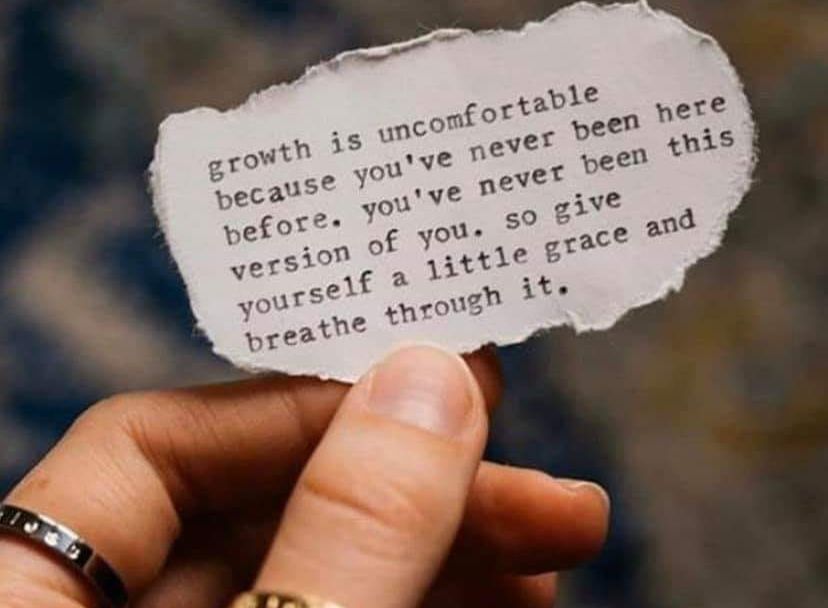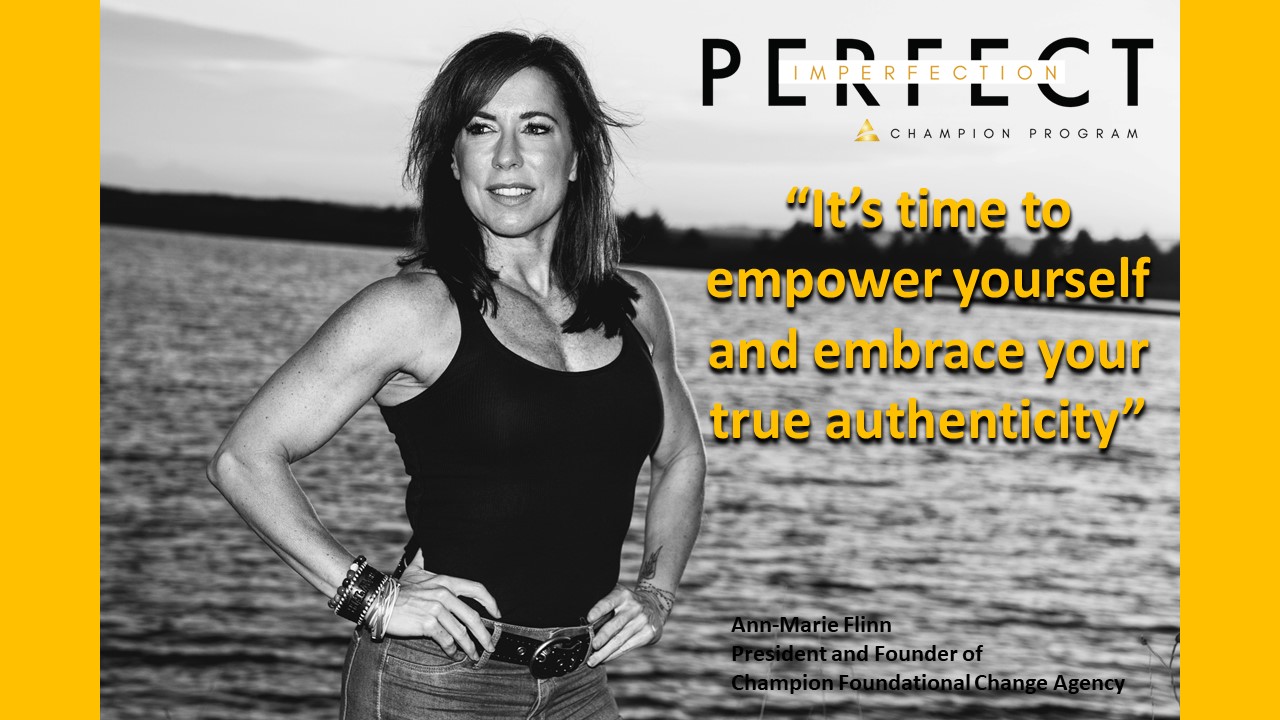
The Perfectly Hidden Wound
The Perfectly Hidden Wound
The Perfectly Hidden Wound
I never knew this until recently, but I am a recovering perfectionist. My aim in this newsletter is to share my personal story and shed some light on a growing epidemic: Perfectionism.
I honestly thought that my innate need to function at an exhaustingly high level was just normal. The obsessive need to – practice my sports, eat the “right” foods, walk the “right” way, enunciate my words when I speak, write “correctly” – were all just a standard expectation in the world I grew up in. The only problem was, I didn’t know what “correctly” and “right” meant.
Why?
Because every time I thought I met the standard put upon me by the figures of authority in my life, the bar got raised higher or the target got changed.
Not only was I juggling all these daily expectations in my every day life, I was becoming hypervigilant of how to please my authority figures (at home, in my sport, in my work and in my relationships). It led me to perceive the world as a dangerous place where I constantly needed to change my behavior in order to avoid perceived punishment, which for me was to take “love” away.
While the world saw a very successful individual who was an inspiration to many, what I felt on the inside was fear, shame, guilt and never feeling that I would ever be worthy of anyone’s love, including my own. You could say that I developed a coping strategy for the silent screams and the loneliness I was experiencing on the inside by excelling in many activities in my life, especially in sports.
I was born in an environment where rigid structure, and discipline was just the way things were.
As I reflect back, mental health was something no one talked about yet many around me struggled with. I felt that I needed to excel in everything I did to keep those around me happy and receive “love”. I also knew that I couldn’t afford to make mistakes for if I did there was a fear of hearing those dreaded words “I’m disappointed in you.”, or “If you don’t do this, I’ll be disappointed”.
As a young child and adolescent those words sounded just like “I won’t love you if you make a mistake” and “If you don’t do this, I’ll take love away from you”. To me, I couldn’t afford to make mistakes for It truly felt like I would never be loved.
As a manifestation of this thought process, I did everything I could to become the best at my sports. I also developed exceedingly high and rigid standards on how I ate (ie: how I held my fork and knife and how I sat up at the table, etc), how I spoke, how I wrote, how I walked, how I dressed, etc. Many times, the need to excel felt so overwhelming that I became paralyzed, like when a person freezes when a wild animal charges toward them.
While all this was happening, I was deeply suffering inside. I couldn’t tell anyone that I struggled with reading and writing, I couldn’t tell anyone that I had constant back pain while practicing my sports, and I couldn’t tell anyone that I was beyond terrified of authority figures. I became the best at everything I could control and even tried to control what was outside of my control.
I became a bonafide perfectionist
In the book “Perfectly Hidden Depression: How to Break Free from the Perfectionism That Masks Your Depression” by Margaret Robinson Rutherford, Ph.D, she defines 10 characteristics of perfectionists:
- Have a constant, critical, and shaming inner voice.
- Demonstrate a heightened or excessive sense of responsibility.
- Detach from painful emotions by staying in your head
- Worry and need to control yourself and your environment.
- Intensely focus on tasks, using accomplishment to feel valuable.
- Focus on the well-being of others but don’t allow them into your inner world.
- Discount personal hurt or sorrow and struggle with self-compassion.
- May have an accompanying mental health issue, such as an eating disorder, anxiety disorder, obsessive compulsive disorder (OCD) or addiction.
- Believe strongly in counting your blessings as the foundation of well-being.
- May enjoy success within a professional structure but struggle with emotional intimacy in relationships.
Yup! That was pretty much me!
My perfectionism traits were:
People pleasing, rescuing and feeling that, if something didn’t go well it was 100% my fault. Any failure on my part only validated the feeling that I wasn’t deserving of anyone’s love. I would seek validation, yet could not absorb a single molecule of a compliment if I did receive one. To me it felt selfish and undeserving. On the inside, I would think, “Oh but if you only knew….” and that I had brought anything bad that ever happened to me upon myself for not being good enough.
I don’t think I truly recognized the degree to which perfectionism was becoming detrimental to my physical, mental and emotional wellbeing until about 10 years ago when I finally hit the wall and searched for help.
Through therapy, and a lot of intention and awareness around this, I now recognize the traits that have been my coping strategy to feel safe in a world that felt anything but. Through baby steps I was able to shift my mindset to one of empowerment and self love.
If you see yourself in this story, if you focus on what you’re doing wrong vs what you’re doing right, if you’re someone who appears to others to have the perfect life, but underneath that façade painful secrets exist, plagued by perfectionism and worry that you hide your true authentic self, then read on.
Take the Mindset quiz to see where you land.
I started to take courses and built credentials so that I could help others with their mindset, build their inner strength and resilience and become the person they were truly meant to be. Most importantly I want to pass on to you the subject of perfect imperfection by creating the Perfect Imperfection program.

Champion Mindset
This passion project that has been 30 years in the making and has brought so much meaning to me and to the lives of every person that has taken the program so far.
I want to give others the opportunity to let go of perfectionism and learn to be OK with being human.
Some may feel reluctant to pursue this program for fear of exposure and loss of control, as they consider coming to terms with recognizing the carefully created shield, they have built for themselves.
This is why I created the program as self-paced and 100% confidential. This program gently balances the perceived loss of control with a new definition of safety around self-acceptance, fulfillment and a feeling of expansiveness.
This program is designed to encourage you to make changes within yourself at your own pace and without pressure to “perform” for any one, including yourself.
As you begin to peel back the layers of that shield and begin to honor your true authentic self, powerful changes will come your way.
Your true potential (mentally, physically and emotionally) will unfold, perhaps for the very first time in your life!
Champion Mindset is created to educate, guide and support you on your quest to truly thrive in an imperfect world. Our graduates are now noticing that; yes, crappy things still happen AND it is not a reflection of their worth and it does not make them any less deserving of love.
Here’s what some had to say:
- “The most helpful topic for me was reframing self-talk”
- “This program moves you from resistance to resilience!”
- “I loved learning more about the inner critic. It was a game changer!”
- “Just by changing one word in my vocabulary it changed the way I see and do things.”
- “I’m so happy I took this course. I feel so inspired!”
- “Thank you, Ann-Marie, for this course. I’m looking forward to the next course!”
- “You awakened a sleeping force that is and has been me all along!”
- “I recently heard Ann-Marie speak and found her information very insightful and helpful. This program sounds amazing and very timely with that everyone has experienced last year.”
- “This is the program I have been waiting for! I will recommend it to friends and colleagues. It will resonate with so many people, and may (like it did for me) open the door to emotional healing.”
“Champion Mindset is the mindset I’m leaning into these days. Battling my critical inner demons using skills learned in Ann-Marie Flinn’s Champion Mindset program is moving me forward to self-love and acceptance.”
If no one tells you today, let me be the first to say YOU matter and your imperfections are what makes you authentic and a true Champion!
Click Here to learn more about the Champion Mindset Program!
I look forward to seeing you there,
To the Champion in YOU!

Ann-Marie Flinn


